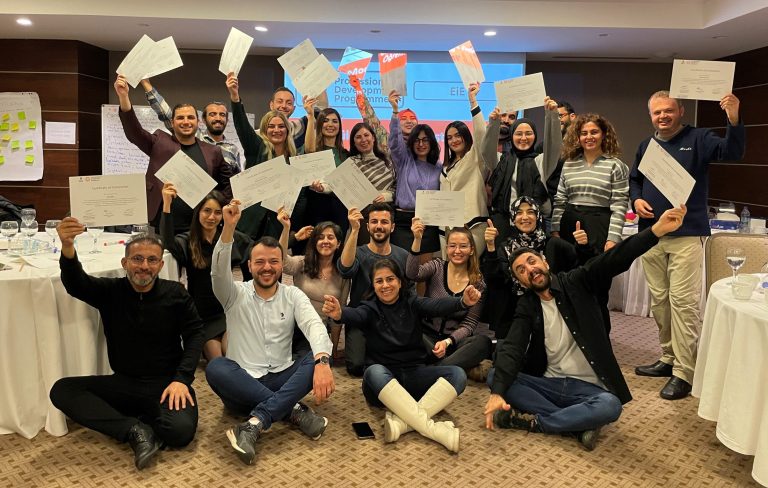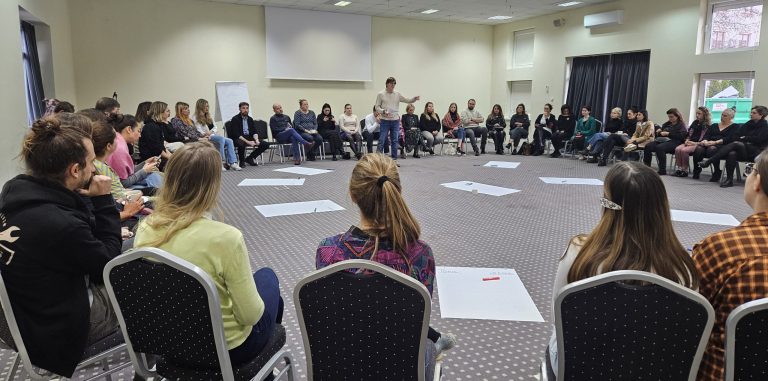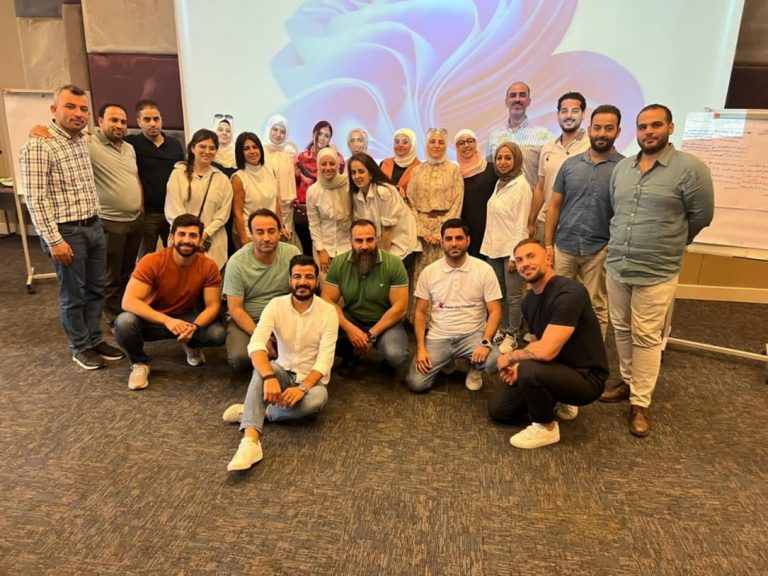The HLA Middle East and North Africa Regional Centre has been actively engaging with staff from Syrian organisations through remote-facilitated training sessions including safeguarding and wellbeing.

As part of the HLA’s regional response work following the devastating earthquakes, the Middle East and North Africa Regional Centre has been actively engaging with staff from Syrian organisations through remote-facilitated training sessions.
So far, the training sessions, which have run throughout May 2023, have already reached 69 participants based in the city of Gaziantep.
The participants – among them 29 women and 40 men – are staff from Syrian local organisations from a range of departments and roles including programme managers and officers, safeguarding focal people, and human resources personnel.
Identifying training priorities
The training was planned and established with the support of the Save the Children’s Syria Response Office Partnerships Manager. After consulting with local organisations in Syria, three major topics were identified as top priorities for training: staff wellbeing, mentoring and coaching, and child safeguarding.
Staff wellbeing has been given special attention to provide support to those working hard on the earthquake response efforts. Given the urgency and time-sensitive nature of the crisis response work, mentoring and coaching were identified as crucial training needs to enhance the skills of the staff involved.
Staff wellbeing is a very important training topic to tackle, especially for us who are working in conditions that rarely allow us to declare the stresses we go through. As an HR specialist, I find that this training has raised awareness for decision makers in organisations, which is extremely important in an emergency context.
Safeguarding is of paramount importance, and this training component helps to assist organisations in effectively integrating new volunteers with limited experience in the humanitarian sector.
By utilising remote training methods, the subject-matter experts from the Regional Centre have been able to establish direct connections with individuals and organisations in Syria. This approach enables them to deliver focused and expert training in an agile and responsive manner.

Remote facilitated sessions provide fantastic flexibility to address a quick on-the-go need for improving the staff capacity, especially in case of an emergency where everything is moving quickly. Our participants from local Syrian organisations were highly engaged in these on-demand initiatives.
Building on the success of these training sessions, the HLA MENA Regional Centre plans to organise follow-up sessions that delve deeper into the identified topics. These sessions will further enhance the capacity and knowledge of participants to contribute to the ongoing recovery efforts.


